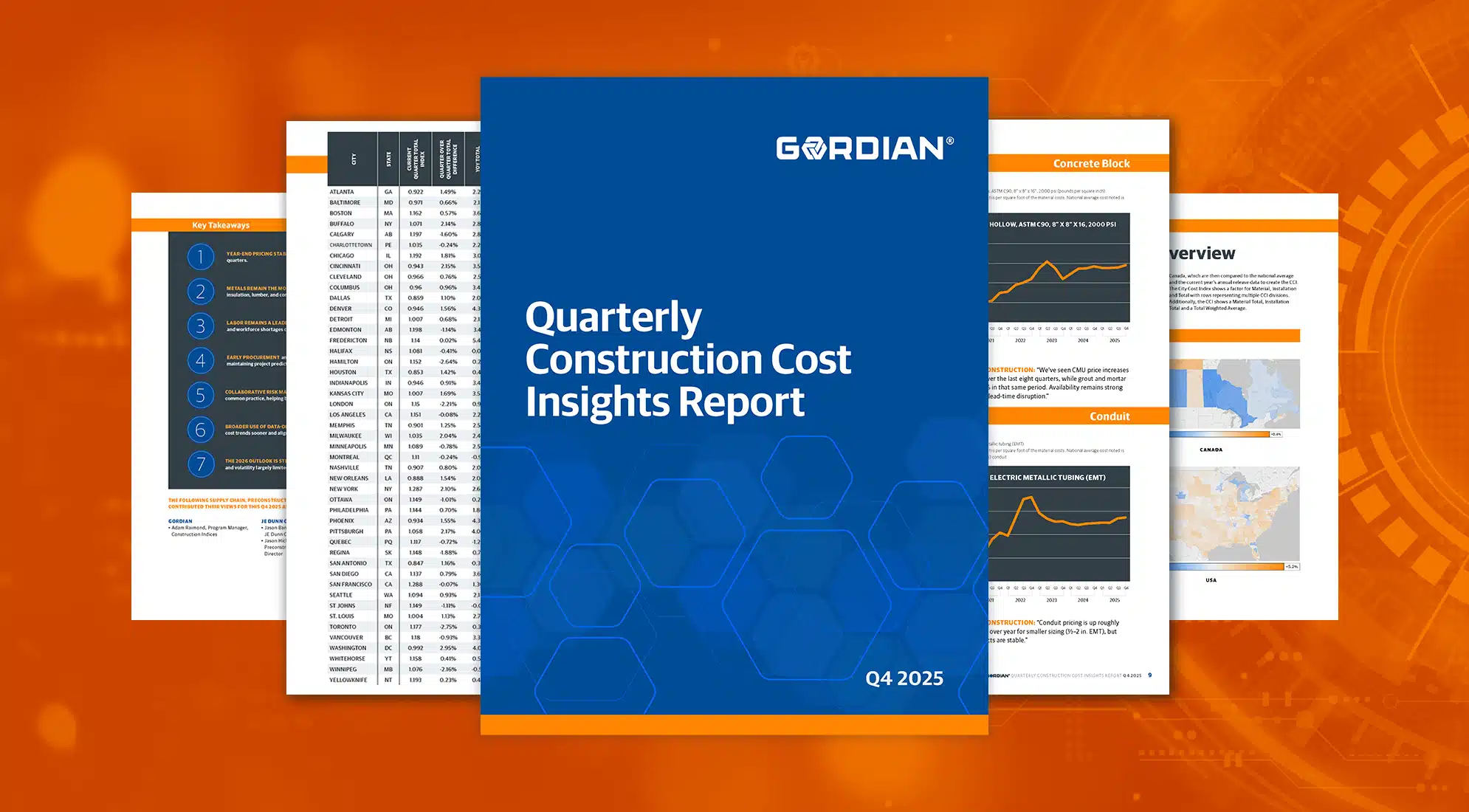Key Points:
- Facilities Condition Assessment (FCA) Defined: An FCA is a systematic evaluation of a healthcare facility’s physical infrastructure, assessing critical components like HVAC, electrical, plumbing, roofing and structural elements. This data-driven approach helps administrators make informed decisions about maintenance and upgrades.
- Regulatory Compliance and Patient Safety: Healthcare facilities must meet strict standards from agencies like The Joint Commission (TJC) and CMS. An FCA provides essential documentation for audits and accreditation while also identifying risks such as hospital-acquired infections, care disruptions and outdated safety systems.
- Predictive Analytics and Sustainability: Modern FCA tools integrate AI and predictive analytics to forecast infrastructure degradation and optimize maintenance schedules. Additionally, they support energy efficiency and sustainability efforts, helping facilities reduce their carbon footprint and operational costs.
As the owner of a construction company, having a robust construction backlog is essential for ensuring project success and long-term stability. It serves as a critical indicator of a company’s financial health and operational capacity. With competition more intense than ever before, developing and maintaining a strong construction backlog requires strategic planning, effective management and continuous monitoring.
Explore eight key strategies for building and sustaining a healthy backlog that drives project success and helps grow your business.
What is a Construction Backlog?
A construction backlog is the total value of work a construction company has under contract but hasn’t completed yet. It helps forecast revenue, manage resources and track project pipelines.
Understanding the Importance of a Construction Backlog
A construction backlog isn’t simply a list of upcoming projects. Instead, a strong backlog provides numerous benefits:
Financial Stability
A well-maintained backlog ensures a steady stream of income, allowing companies to plan for future expenses and investments.
Resource Management
Knowing the volume of work ahead helps in allocating resources efficiently, including labor, materials and equipment.
Risk Mitigation
A diversified backlog reduces dependency on a single project or client, spreading risk across multiple engagements.
Operational Efficiency
A clear backlog helps schedule work, avoid downtime and maintain productivity.
Want a proven way to build your construction backlog? See how Gordian has helped contractors succeed and grow their businesses.
Strategies for Developing a Strong Construction Backlog
Market Analysis and Business Development
To build a strong backlog, companies must first understand the market landscape. Conducting thorough market analysis helps identify emerging trends, potential clients and lucrative opportunities. Business development efforts should focus on networking, building relationships and securing contracts. Attending industry events, participating in trade shows and leveraging online platforms can enhance visibility and attract new clients.
Diversification of Projects
A diversified portfolio is crucial for a resilient backlog. Companies should aim to secure projects across various sectors. Diversification minimizes the impact of market fluctuations and ensures a steady flow of work.
Client Relationship Management
Strong client relationships are the backbone of a healthy backlog. Companies should prioritize client satisfaction and maintain open communication channels. Regularly updating clients on project progress, addressing concerns promptly and delivering quality work can lead to repeat business and referrals. Implementing a customer relationship management (CRM) system can help track interactions and manage client data effectively.
Competitive Bidding and Proposal Development
Winning contracts through competitive bidding is a key aspect of backlog development. Companies should invest in developing compelling proposals that highlight their strengths, experience and unique value propositions. Understanding the client’s needs and tailoring proposals accordingly can increase the chances of success. Additionally, maintaining a competitive pricing strategy while ensuring profitability is essential.
Want simplified access to upcoming bid opportunities? Attend an upcoming informational session.
Maintaining a Strong Construction Backlog
Continuous Monitoring and Adjustment
A construction backlog is dynamic and requires continuous monitoring. Regularly review your backlog to assess project status, identify potential issues and make necessary adjustments.
Effective Resource Allocation
Efficient resource allocation is critical for maintaining a strong backlog. Companies should ensure that they have the necessary workforce, materials and equipment to meet project demands. Implementing resource management tools can help optimize allocation and prevent bottlenecks. Also, investing in employee training and development can enhance productivity and ensure high-quality work.
Risk Management and Contingency Planning
Risk management is an integral part of backlog maintenance. Be sure to identify potential risks, such as project delays, cost overruns and client disputes, and develop contingency plans. Diversifying the backlog, as mentioned earlier, can mitigate risks.
Performance Evaluation and Improvement
Regular performance evaluation is essential for maintaining a strong backlog. Assess project outcomes, client feedback and financial performance to identify areas for improvement. Implementing key performance indicators (KPIs) can provide measurable insights into project success. Continuous improvement efforts, such as adopting new technologies and refining processes, can enhance efficiency and client satisfaction.
Developing and maintaining a strong construction backlog is essential for project success and long-term stability. By understanding the importance of a backlog, and implementing strategic development and maintenance practices, companies can ensure a steady flow of work, financial stability and operational efficiency. A robust backlog not only drives project success but also positions companies for growth and resilience in the competitive construction industry.






